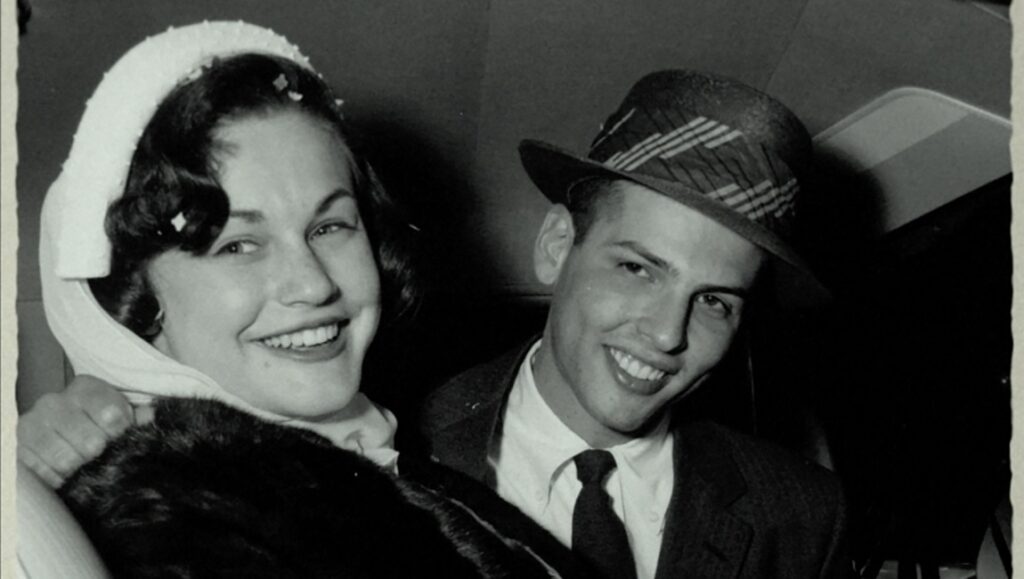What makes a great writer? Romantics and bookworms might wax poetic about unparalleled emotional insight or the fearless plumbing of the human condition, but pragmatists (and publishers) know the real answer: the secret to a great writer is a great editor. Lizzie Gottlieb’s documentary Turn Every Page: The Adventures of Robert Caro and Robert Gottlieb focuses on the 50-year editorial relationship between two giants of 20th-century letters: Caro, deemed “the greatest political writer and thinker of our time” by his publisher, and his editor Gottlieb,the luminary who, among other achievements, convinced Joseph Heller to swap out “18” with “22” in the title of his most famous book. As Gottlieb’s daughter, Lizzie has enviable access to both men, as well as a host of other literary titans, industry insiders, Caro superfans, and a couple of former Presidents to share in the memories of its two octogenarian subjects.
After quick biographical sketches — Caro’s unhappy childhood, Gottlieb’s unabashed nerdiness — the documentary settles into a pleasantly unobtrusive yet instructive rhythm. In addition to its central relationship, Turn Every Page is part New York City history as told through Caro’s biography of its massively influential and divisive master builder, Robert Moses, and part 20th-century American history as told through his multi-volume biography of President Lyndon B. Johnson. It’s also a slightly rose-tinted chronicle of the golden age of print media. Both men started their careers in the 1960s, long before the Internet’s slurry of free and endless content sent the publishing industry into prolonged panic mode. As someone who moved home after college partly to sustain an unpaid publishing internship — which never turned into a full-time job — I viewed much of Gottlieb’s archival footage with a certain (perhaps unwarranted) wistfulness. Here are but two bespeckled white dudes arguing about semicolons in a book-lined conference room, and not a federal antitrust lawsuit, employee walkout, or paywall in sight. Ah, those were the days.
An unelected city planner might not seem like the natural subject for a 1,300-page doorstop, but no matter: like Infinite Jest, just having The Power Broker on your shelf, no matter how dusty, oozes intellectual pedigree. No one actually expects you to read it (I myself live with two city planners, and I’ve only ever seen the book used as a laptop stand.) But for its many fans — it is currently in its 41st continuous printing — The Power Broker both cemented Caro’s genius and set the stage for his next multi-decade undertaking: an as-yet-unfinished five-part biography of President Lyndon B. Johnson, who wielded immense political power in profoundly contradictory ways. And every step of the way, Robert Gottlieb was there with his No. 2 pencil (never mechanical!) to wrangle, wrassle, and chisel Caro’s manuscripts into masterpieces. As he wryly states early in the documentary, “He does the work, I do the cleanup. Then we fight.” If all editorial relationships were twice as adversarial but even half as fruitful, publishing executives might have cause to finally stop hand-wringing (and maybe even raise wages.)
The timing of Turn Every Page is fortuitous, and not just because its subjects are rapidly aging and Caro is still industriously plugging away at Now! That’s What I Call LBJ. The past few years have enjoyed a renewed popular interest in urbanism as a whole, with the pandemic sparking national conversations about the role of urban spaces post-lockdown; suddenly, it seemed like all the cool kids were discussing Jace Jacobs over their sourdough starters. This interest hasn’t abated: 2022 saw the debut of Straight Line Crazy, starring Ralph Fiennes as Robert Moses (a canny bit of casting for someone who’s often viewed as the Voldemort of modern cityscapes). And given the global political and cultural slide toward authoritarianism, Caro’s stated goal — to inform the public about democracy as it is, not as it should be, so they can vote accordingly — is more valuable than ever. For all our sakes, let’s keep the pencils sharpened, the archives dusted off, and the pages turning.
Published as part of InRO Weekly — Volume 1, Issue 1.


Comments are closed.